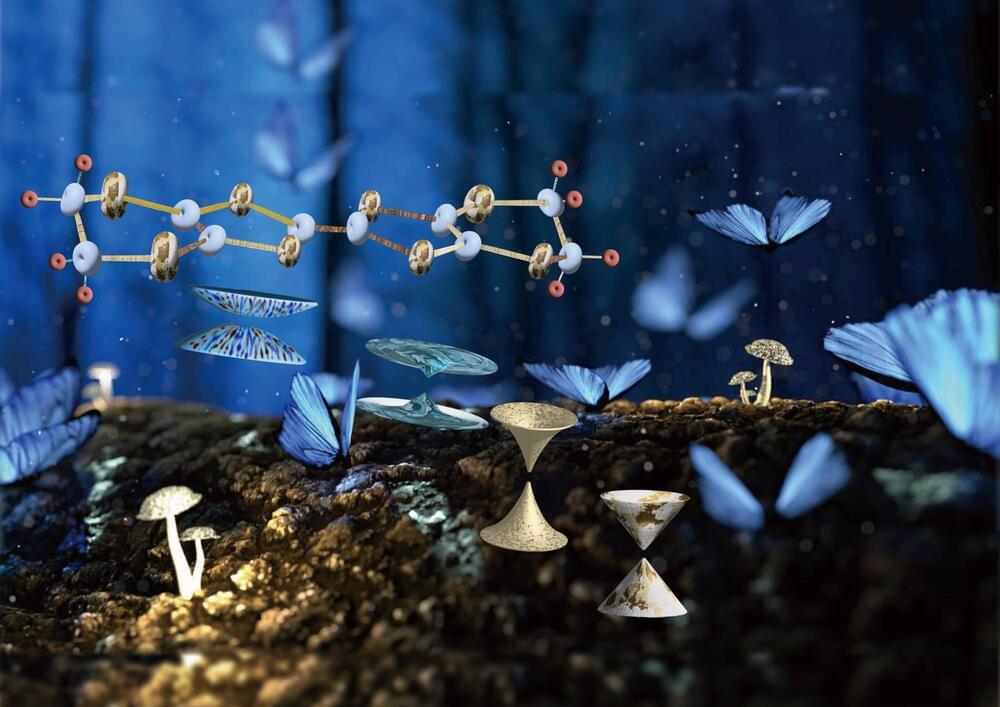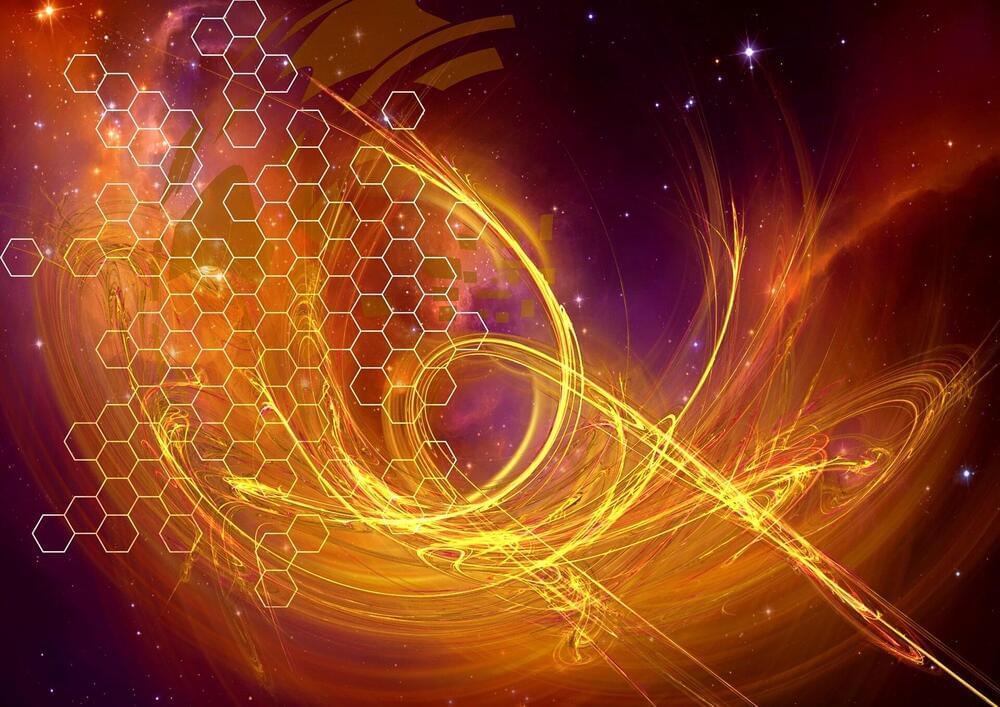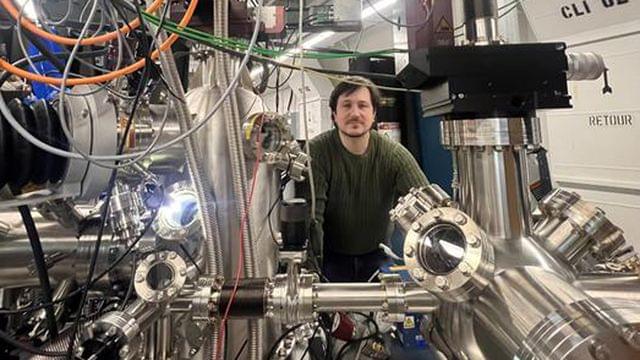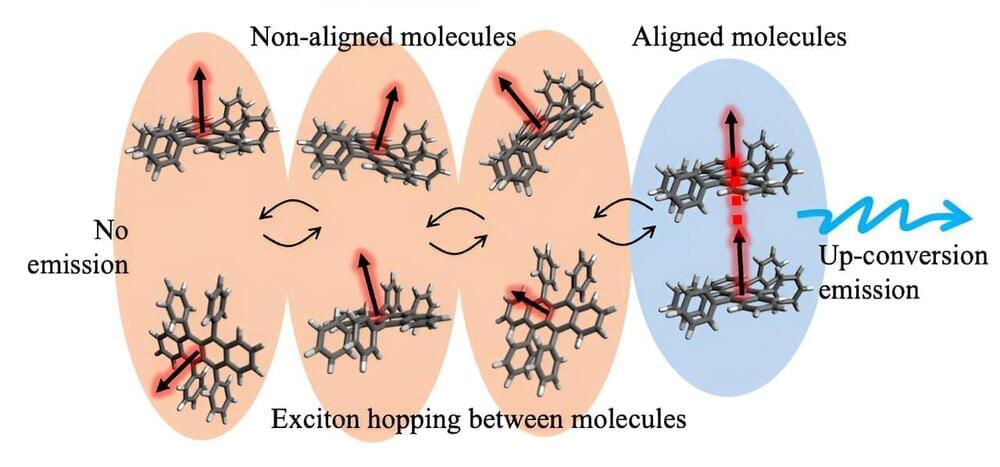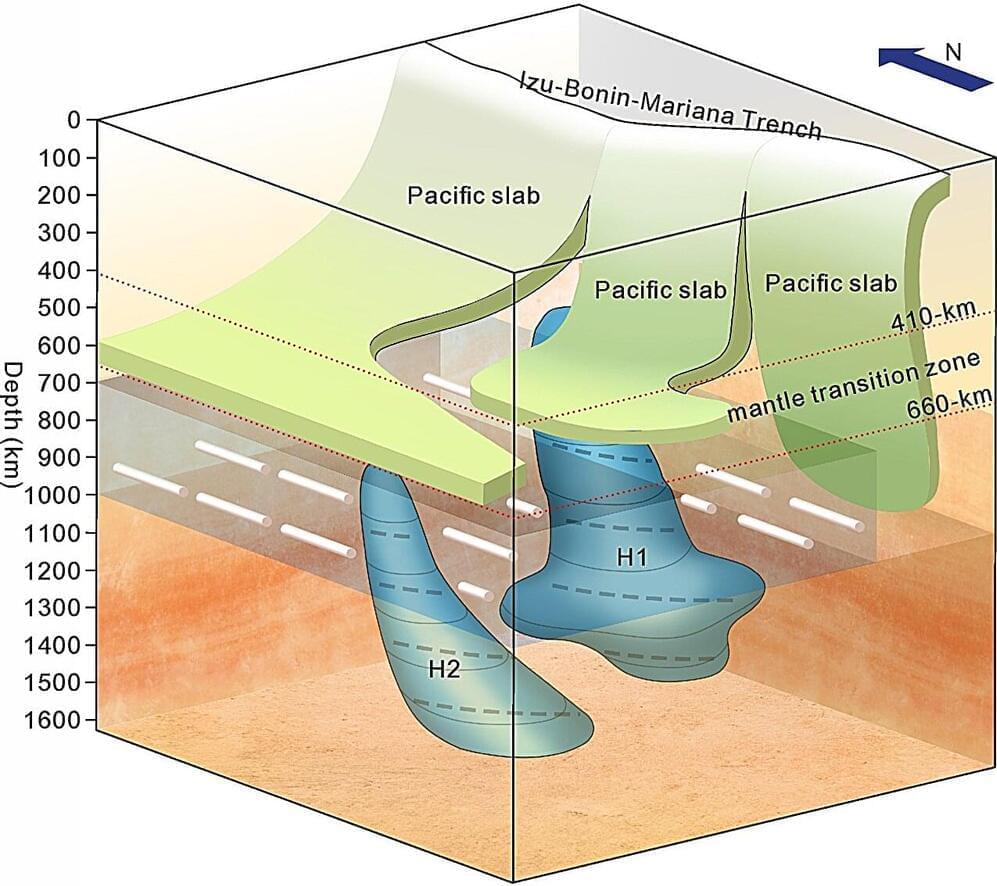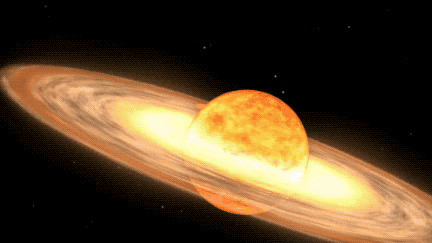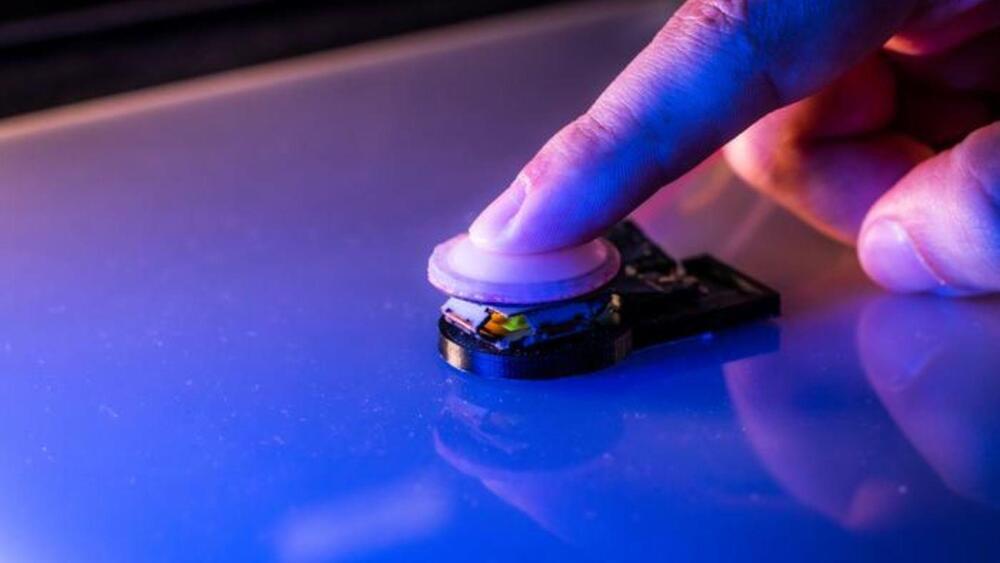Mar 14, 2024
Photon-like electrons in a four-dimensional world discovered in a real material
Posted by Saúl Morales Rodriguéz in categories: energy, materials
Because of their differences from standard electrons, Dirac electrons are expected to add unprecedented electronic properties to materials. For example, they could be applied to electronic devices to perform computation and communication with extraordinary efficiency and low energy consumption.
To develop such technology, scientists must first understand the net properties and effects of Dirac electrons. But they generally coexist with standard electrons in materials, which prevents unambiguous observation and measurement.
In a recent study published in Materials Advances, Ryuhei Naito and colleagues discovered a method enabling selective observation of the Dirac electrons in materials. Using electron spin resonance, to directly observe unpaired electrons in materials to distinguish differences in character, the research group established a method to determine their scope of action in the materials and their energies.
